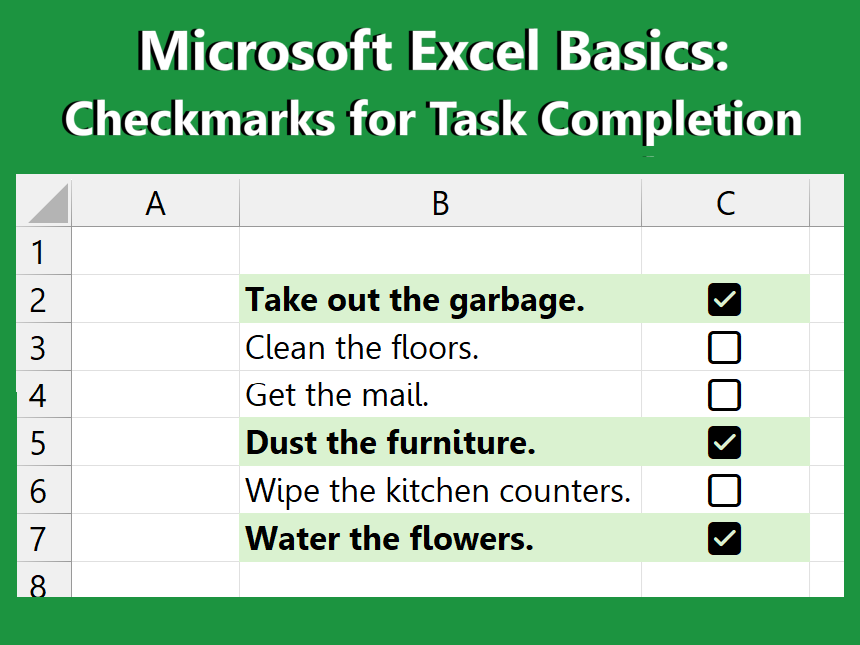The Trash Can: A Metaphor for Sleep Deprivation
We’ve all had those sleepless nights. But just how much harm are those sleepless nights causing? Let’s take a look at sleep and the effects of sleep deprivation in the guided example of an overfilled trash can.
-
Products and services that appear on CouchTripping.com may be from companies from which we receive compensation. Affiliated links allow us to earn revenue as an Amazon Associate. All available product choices may not be included, and we carefully consider the terms/rules of how products may be displayed or advertised at all times.
Products are reviewed fairly and objectively based on customer satisfaction, price, competition, features, and a number of other factors as well. Any ratings that may appear are based on the opinion of CouchTripping.com and its staff in good faith to provide the best product options for the described needs/scenario.
How often during the week would you say that you feel tired, or that you’re not getting enough sleep?
According to self-reporting polling of Americans published by the Journal of Clinical Sleep Medicine, about 74% of adults get less than 8 hours of sleep each night.
Compared to the recommended amount of sleep that is advised for various age groups (7-9 hours for adults), the majority of us appear to be getting less sleep than we need in order to properly function.
But, you may have noticed, that we can actually become used to getting less sleep than might be recommended. In a controlled sleep study, participants that were awoken after being asleep for 4-6 hours each night did not consistently report that they felt impacted after 14 days of sleep deprivation.
So, what then are the real side effects of not getting enough sleep?
Perhaps some side effects are well-known or intuitive, like a decline in long-term memory or motor function. But, others may not be as noticeable…
In order to better understand sleep deprivation and its side effects, let’s first take a look at what the brain is doing during sleep with the simple metaphor of routinely clearing out a trash can.
The Trash Can
In this example, envision the trash can that you use most often. Perhaps it is in your kitchen, your living room, or your bedroom.
Each day, you place a variable amount of trash in the trash can. Some days you have more trash than others, but the average amount of trash across all days remains fairly consistent.
Relating this example more closely to how the brain accumulates cellular waste during the day, let’s say that the average amount of trash that you put in your trash can each day is exactly enough to fill it to its brim.
So, then, as long as you are bagging up the trash and emptying the can each day, you are ensuring that the trash can does not overflow.
However, let’s now say that the length of your waking hours is increased each day from 16 hours to 18 hours.
On average, you would now be putting more trash into the trash can each day, as you are awake for longer than before and creating more trash.
However, your trash can would remain the same size, meaning that you are now consistently overflowing the trash can.
In reality, overfilling your trash can isn’t the end of the world. You can simply pick up any trash that is outside the confines of the can, get another bag, clean the can, etc.
But, in this example, let’s say that those 2 hours that we added to our waking hours actually came from our trash-clearing time. With an unchanging amount of time in each day, our trash-cleaning time then decreased from 8 hours to 6 hours.
So, with less time to clean up the trash available, we can no longer clear the full capacity of the trash can each day. Additionally, we cannot clear any overfilled trash that made it outside of the can.
Now, imagine that instead of performing the actions of filling and clearing the trash yourself, it is actually your brain doing the filling and cleaning. This is similar to what occurs during the day and during sleep.
During sleep, the brain will “dispose of” any cellular waste created during the day, allowing new waste to safely accumulate during the next day. When we get enough sleep, this cellular waste is cleared appropriately.
Because the brain can’t do its work while we’re still awake, when we choose to put off sleep and stay up late, we are not allowing our brain to clear the trash, and more cellular waste is added all the while.
And, just like what would happen if we left trash in the trash can for long periods of time without clearing it, long-term negative consequences begin to occur when we consistently don’t get enough sleep each night.
With this metaphor in mind to give perspective, let’s take a look at what’s actually happening in order to exemplify why getting enough sleep is so crucial.
Taking Out the Trash
You may be familiar with terms like circadian rhythm and the various stages of sleep that occur during the night (Stage 1, Stage 2, Stage 3, and REM).
A less commonly known term, however, is sleep-wake homeostasis, which refers to the balance of an individual’s need for sleep, including how much they need each night based on various environmental and biological influences.
A person’s sleep-wake homeostasis and circadian rhythm is highly dependent on exposure to light, and this is the key reason why individuals that work during the night may have more difficulty going to sleep during the day.
When we “listen” to our natural sleep-wake homeostasis, we ensure that we are sleeping for an amount of time that will entirely clear our metaphorical trash can.
You may recall times where you could feel your eyelids begin to droop or your attention begin to waver after being awake all day. These are warning signs from your body that your sleep-wake homeostasis is out of balance, and it is probably a good idea to go to sleep as soon as you experience them.
But, when we go against our natural sleep-wake homeostasis, like resisting the pull of sleep in order to stay awake for longer, we are short-changing our brain as it attempts to clear out harmful cellular waste and metabolites (beta-amyloid) through the glymphatic system.
Presumably, even when we stay up for longer than 16 hours (from our example), if we are able to sleep for enough time to allow our brain to clear out the beta-amyloid, the trash would be cleared and the cycle resets.
However, this does not take into account the factors of our daily lives like:
Work/school schedules
Needing to be awake by a certain time
How much can be accomplished the next day
How much exposure to light is in the bedroom
Etc.
All of these may directly or indirectly impact how much sleep we may choose to get, or even how much sleep we physically can get, as demonstrated by our explanation of sleep-wake homeostasis.
More often than not, staying up for too long results in not getting enough sleep (sleep deprivation), and when the brain is not able to clear out the beta-amyloid and cellular waste accumulated during the day, these waste products have been linked to consequences such as: decline in motor functions, decline in cognitive performance, and impacted behavioral patterns.
It is no surprise then, as well, that sleep deprivation is closely tied with studies of neurodegenerative diseases such as Alzheimer’s and Dementia. Additionally, a common recommendation for those with Bipolar Disorder is to exercise proper sleep hygiene to help alleviate “psychiatric disturbances” (a peculiar choice of words, but conveys the message, nonetheless).
This is not to say that there is a definite cause and effect establishment between sleep deprivation and neurodegenerative diseases as of yet, and more studies are certainly needed on the matter.
However, it is always better to get more sleep than less sleep, and it may be helpful to keep this information in mind when considering whether that all-nighter for a study session or just one more level of a video game is really worth risking potential long-term health conditions if it becomes a regular pattern.
So, in the future, remember the trash can:
It’s not always convenient to take out the trash, but it’s better than keeping it in the house!
If you liked this article, consider checking out some of our other recent articles below, or feel free to explore some of the categories on our site. Thanks for reading!






